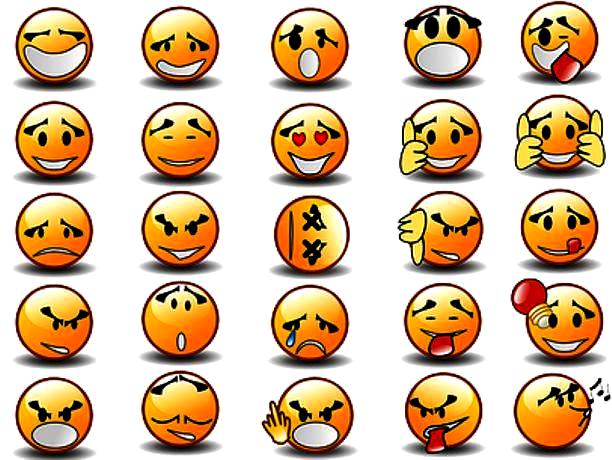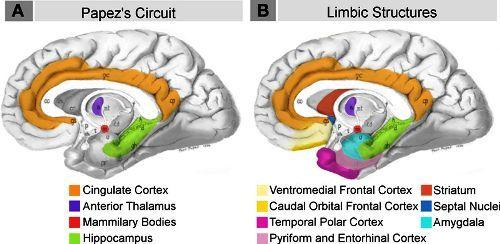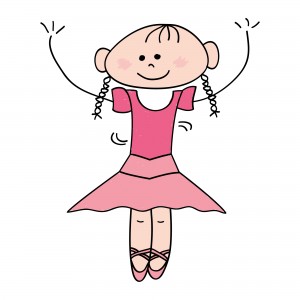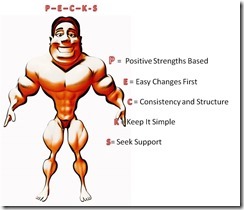
Emotions. Books are devoted to them. Movies rely on them. Life can depend on them. What can happen to our emotions after brain injury?
Thinking about emotions after brain injury was brought to my mind after speaking with a woman who has a public speaking role. We discussed her continuing this role despite difficulty controlling her crying after brain injury.
Before talking about emotions after brain injury. A moment to think about just how important our emotions are? I heard recently that an ‘emoji’ has just made it into the Oxford Dictionary as word of the year. Imagine – little digital images of faces now recognised by the Oxford Dictionary. My grandmother would be shaking her head in disbelief. Yet it says – emotions are important.
The emoji adds emotion to our message written message. Yet rarely do we think about the complex system needed to ensure we have the right emotion, at the right time, and just the right amount (with, or without, an emoji).
Happiness, Grief, Anger, Fear, Sadness we take them all a bit for granted. Most of us probably don’t even think about the range of emotions we have access to. “Contrasting and Categorization of Emotions” a Wikipedia article contains a list of 48 emotions!
A Quick Tour of The Brain And Emotion
We know our brain is responsible for all that we do, and so it is responsible for our understanding of, and the control of emotions and our emotional reactions.
Mysteries of the Brain: Emotional Brain is a short video that simply explains how our brain takes in information from the environment and turns it into action in our bodies.

Simply – the brain reviews all information coming in from the environment around us, our senses, and our bodies.
Our brain then sorts out what response is needed.
How simple does that sound?
But wait – this includes:
- Checking and doing something with all messages coming its way. Deciding to act or ignore each message. Something went bump in the night my heart races, my feet and hands tingle, all kinds of death defying scenarios pop into my head. It’s a tree branch on the window – I go back to sleep.
- Linking whats coming in now with previous experiences. Has this happened before? Is it the same or different? What did I do last time? A bump in the night can be dangerous. Always in the past it has been nothing serious. Settle down Fear response and let me go to sleep.
- If action is needed – what kind, how much, how long:
- What kind of emotional response is needed? That joke was funny – I will laugh at the joke. The movie scene where she leaves him is very sad – I am crying.
- How much and how long is emotional expression needed – a smile at an amusing photograph, a chuckle at a joke, a full belly laugh at a comedy show.
- Stopping inappropriate or dangerous responses – stop an emotional response from getting so strong we are not able to control our behaviour. Calm an angry response before we hit another person.
- Finding the right balance between emotion with reason. Some might say balance heart vs head.
- Picking up the subtle, and not so subtle emotional cues we see in others and figuring out what to do. Voice level, tone. Facial expression. Body language. You have your head down and you are crying I should stop laughing, show concern, and see if you are OK.
- Making sense of the emotional responses we see in others, the information around us. You are backing away from me, your eyes are wide and staring and your mouth is open. The room is dark and you cannot see me properly. I believe you are scared of me. I need be still, calm and quietly tell you who I am.
Phew – how complicated is that list?
It is a very complex business and it involves many different parts of the brain. So as with all things brain injury – if the brain is damaged – it’s complicated…
Potential Changes to Emotions After Brain Injury

You could begin by taking that complex list above and just imagine what could change or go wrong.
It is not so much that emotions are stronger after the brain is damaged. The controls: for what emotion, when, and how much emotion – are altered.
As with all things brain injury – this will depend on the part of the brain damaged.
Many parts of the brain are involved therefore damage can result in many different changes in emotions after brain injury.
This might include:
[unordered_list style=”green-dot”]
- Over-emotional responses. Responses that seem excessive to the trigger – becoming physically aggressive behaviour with little provocation; laughing longer and harder than anyone else at a funny story.
- Lability – seesawing emotions. Going from one emotion to another quickly, not being able to monitor or stop emotional responses. Sudden mood changes.
- Reduced emotional responses and reactions; a flat affect. Not expressing emotion – showing neither happiness or sadness. This can lead to the person being thought to be depressed.
- Lack of control over emotions – may laugh or cry easily, when it seems there is not sufficient reason.e.g crying over a television soap opera.
- Difficulty reading emotion in others, and processing emotional input.
- This can be more difficult if a person has egocentricity and is not able to put themselves in another persons’ place.
- Misreading emotional cues – “The girl on the bus smiled at me that means she loves me”.
- Muddled or wrong emotional responses: laughing at a sad event.
- Difficulty with decision-making and problem-solving about emotions: not knowing appropriate ways to respond, misunderstanding others emotions, over-reaction to events, activities and people; There may be increased irritability and outbursts.
- Lower tolerance to stress, and to stressful situations. This may mean previous coping skills are no longer possible. We each have a level where our stress responses overwhelm us, after brain injury this may occur at lower stress levels. Where once it might have been a break-up with a partner it might now be when a minor disagreement occurs.
[/unordered_list]
The paper ‘Impaired Recognition of Social Emotions Following Amygdala Damage’ by Ralph Adolphs, Simon Baron-Cohen,and Daniel Tranel is about changes following damage to the Amygdala. The Amygdala is a part of our Limbic system, important in our emotional responses. While it is a kind of technical paper it contains interesting explanations of the way we recognize emotion in others.
Tips and Suggestions For Changing Emotions After Brain Injury
[unordered_list style=”tick”]
- Like the Boy Scouts’ motto – “Be Prepared”. Have strategies and back up plans worked out for times when emotional responses are likely to cause difficulty.
- Work together to discover the triggers:
Develop a plan for the times when triggers are present.
Where possible remove, or avoid the triggers.
- Include strategies for times when extreme emotional responses are more likely to occur.
- It may be helpful for the person to explain (or allow a supporter to explain) to other people why this occurs.
- Learning a standard response for others e.g. “Please give me a moment. This is because of my brain injury”.
- Try not to pay attention, or give signals that will increase or extend, an unwanted emotional response. Giving sympathy when crying may increase the crying.
- Respond sensitively and gently, without criticism. Being critical or harsh may result in further emotional response.
- Work out agreed responses – it may be helpful to distract, to ignore, or to try to move on to something else.
- Find a quiet space to sit and regroup.
- Be a model of calm, steady emotions – helping to minimise inappropriate emotional responses.
- Talk about emotional responses after the event when settled. Calmly and gently talk about what worked, what a more appropriate response might have been.
- It may be helpful to seek professional help for advice. Depression can occur and it may (or may not) be related to the brain injury, or the life changes.
- Work to reduce stress and fatigue wherever possible as these can increase the likelihood of difficulty controlling emotions.
[/unordered_list]
For further tips and strategies see also Emotions After Brain Injury The Goldilocks Model


